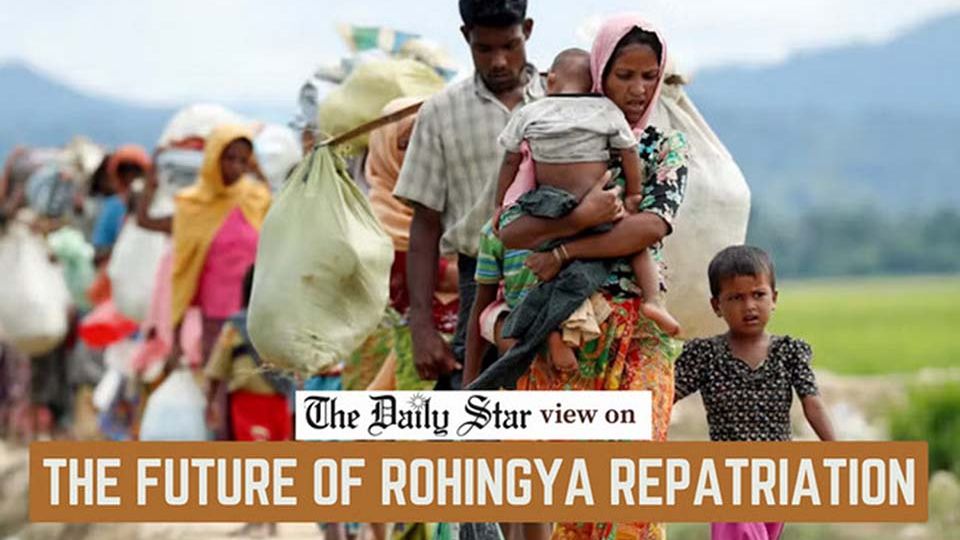April 7, 2025
DHAKA – With the Rohingya repatriation process stalled and international funding to support them significantly reduced, the chief adviser has rightly urged the Bay of Bengal Initiative for Multi-Sectoral Technical and Economic Cooperation (BIMSTEC) to take visible actions for their repatriation. He called on member states to initiate dialogue between Myanmar’s conflicting parties and work towards restoring stability in Rakhine State. Unfortunately, despite several attempts over the past eight years, not a single Rohingya sheltered in Bangladesh has been repatriated to Myanmar. Instead, around 100,000 more Rohingya have fled to Bangladesh since July last year, driven by escalating conflicts between the Arakan Army and Myanmar’s military junta. Against this backdrop, it is crucial for international forums, including BIMSTEC, to actively engage in addressing this protracted crisis. The chief adviser has also cautioned that, if left unresolved, the situation has the potential to create instability in the entire region.
Bangladesh has been hosting approximately 1.2 million Rohingya, most of whom fled Myanmar during the military crackdown in Rakhine State in 2017. Following the military takeover in 2021, Myanmar descended into civil war, with the Arakan Army gaining control of nearly 90 percent of Rakhine State. Recently, the United Nations Development Programme (UNDP) issued a warning about an imminent famine in Rakhine. In light of these developments, the chief adviser has called for the establishment of a humanitarian channel in Rakhine to provide essential supplies to the people and prevent further displacement. This also raises the question: can the repatriation process realistically begin under such dire circumstances in Rakhine?
Reportedly, Myanmar authorities have identified 180,000 Rohingya as eligible for repatriation out of a list of 800,000 Rohingya currently sheltered in Bangladesh. The Chief Adviser’s Press Wing stated that the original list was submitted by Bangladesh in six phases between 2018 and 2020. U Than Swe, Myanmar’s deputy prime minister and foreign minister, further confirmed that the final verification of an additional 70,000 Rohingya is pending further scrutiny of their photographs and names. He also indicated that the verification process for the remaining 550,000 Rohingya on the original list will be expedited. While these assurances from Myanmar are promising, significant efforts are still required to guarantee the safe and dignified return of the Rohingya.
Myanmar must ensure a conducive and secure environment in Rakhine to facilitate the safe return of the Rohingya. The authorities there must grant them full citizenship, freedom of movement, access to employment opportunities, and other basic human rights. Bangladesh, which is already under considerable strain in supporting the Rohingya refugees, is facing additional challenges due to the reduction in foreign aid. Thus, the sooner the repatriation process can start, the better it will be for both Bangladesh and the region.


